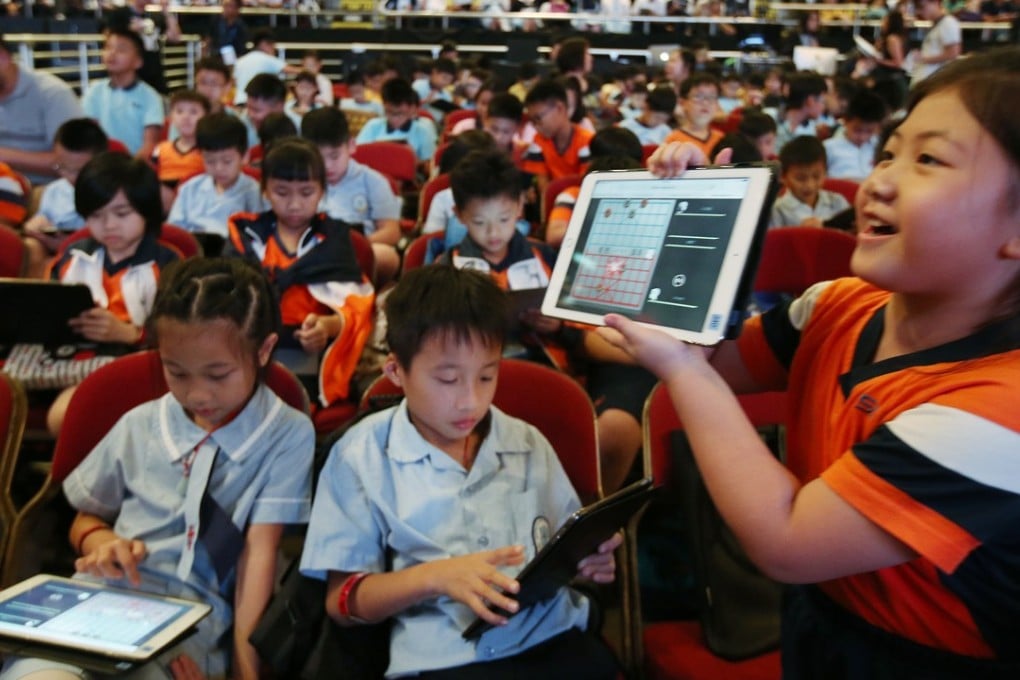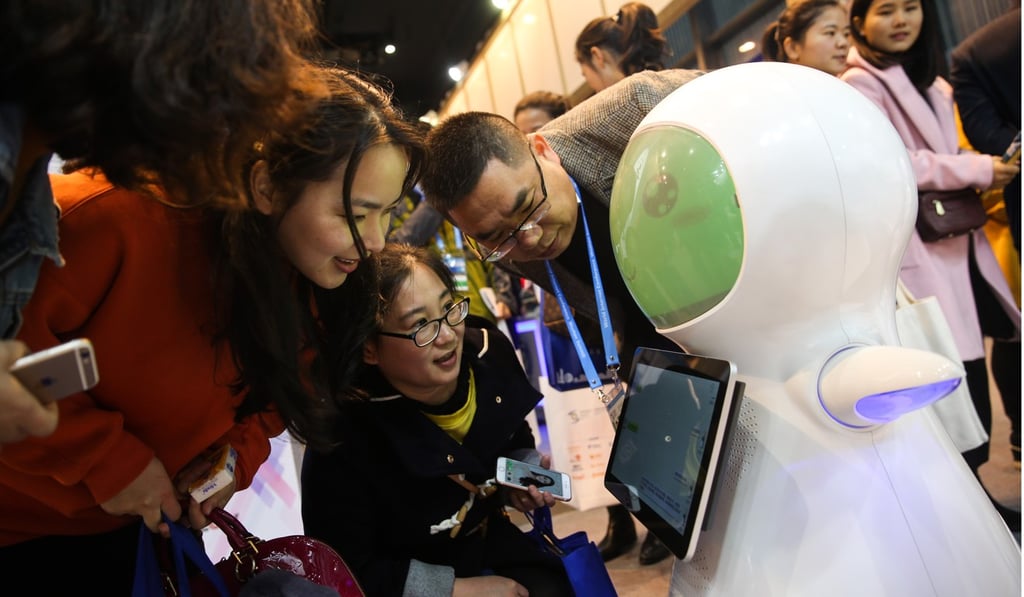Advertisement
Artificial intelligence will change the job market and Hong Kong isn’t ready
Janet Pau writes that Hong Kong is behind its Asian neighbours in how well it is preparing for artificial intelligence, as well as how flexibly its job market will respond to automation
Reading Time:3 minutes
Why you can trust SCMP

In a crowded competitive field for artificial intelligence around Asia, Hong Kong is lagging behind other major economies.
AI technologies using machines increasingly able to perform human tasks more quickly and accurately, generating results or insights when given access to large amounts of data, can make manufacturing and services more efficient and make people’s lives more convenient. AI can help Hong Kong diversify its economy and provide opportunities for the city’s young educated people to develop innovative ideas, gain employment and build wealth.
But Hong Kong fares poorly in the Asia Business Council’s Asian Index of Artificial Intelligence, which uses 11 data indicators to analyse eight Asian economies’ preparedness for and resilience to an AI-led future. China topped the overall ranking with a big lead. Singapore and India followed. Japan, Taiwan and South Korea ranked in the middle, with Hong Kong ahead of only Indonesia.
Advertisement
An economy’s AI preparedness is reflected in the ability of companies and talent to capitalise on opportunities brought about by AI. The weak link between research and industry is shown in Hong Kong’s low overall start-up activity and AI start-up equity funding. China leads other Asian economies in total equity funding for start-ups focused on AI, according to the online database Crunchbase.

Robots ‘are here to give us a promotion’, not take away jobs, says research firm
A relatively small share of students in Hong Kong’s top universities study science, technology, engineering and maths. Such students are needed to form a pipeline of future tech workers and entrepreneurs. A larger share of students choose STEM subjects in top Chinese universities, and the Chinese comprise an outsized share of international students in the United States earning advanced degrees in these subjects.
Li Ka-shing bets on Hong Kong AI start-up that understands Chinese dialects
Advertisement
Select Voice
Choose your listening speed
Get through articles 2x faster
1.25x
250 WPM
Slow
Average
Fast
1.25x